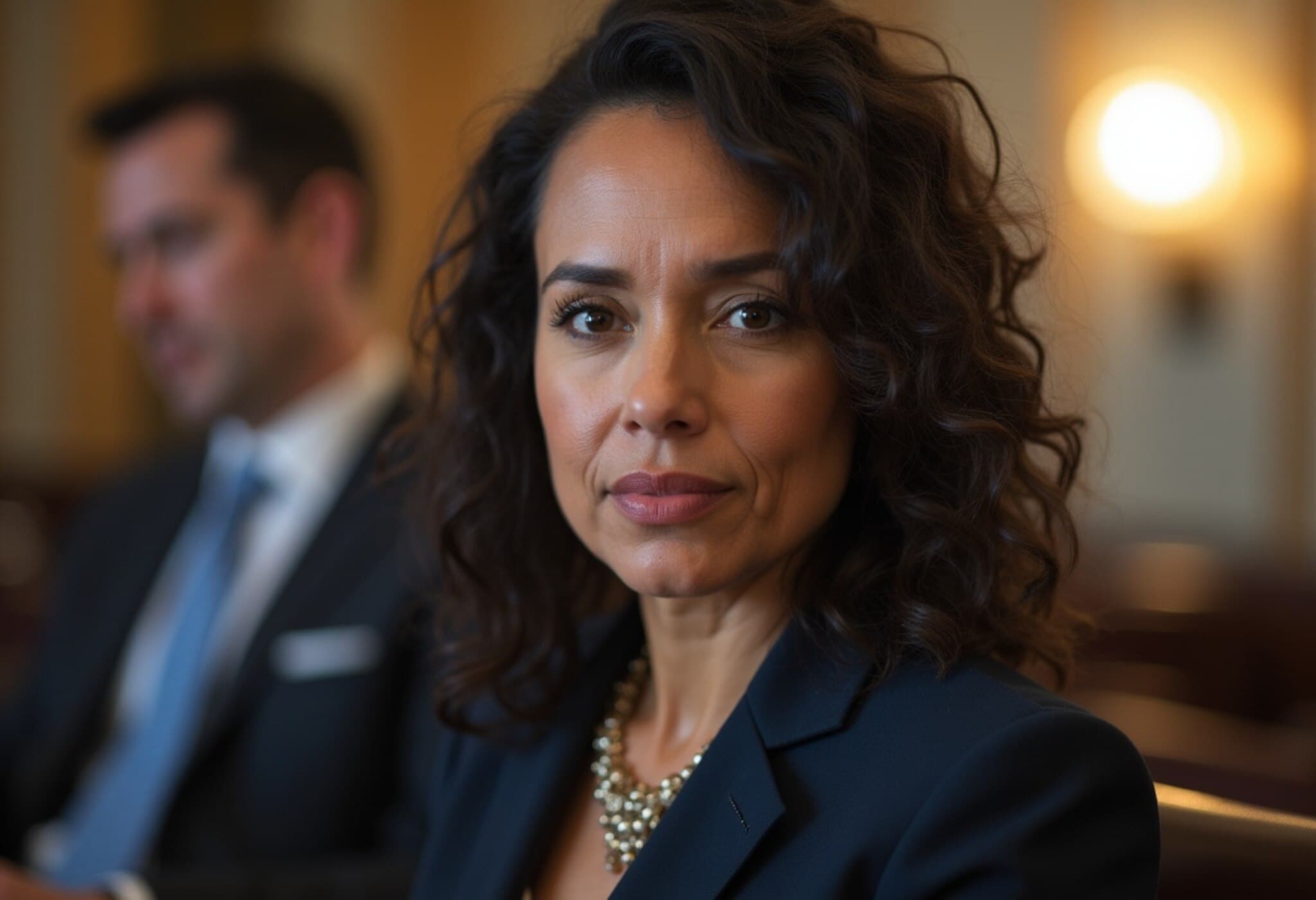Indian-Origin Doctor in New Jersey Accused of Trading Drugs for Sexual Favors
A shocking case has emerged from New Jersey where Dr. Ritesh Kalra, a 51-year-old Indian-origin physician, has been formally charged with distributing prescription drugs without legitimate medical reasons in exchange for sexual favors. The allegations stem from a recent press release by the U.S. Attorney’s Office for the District of New Jersey and have ignited renewed focus on medical ethics amid the ongoing opioid crisis.
Details of the Allegations
Dr. Kalra, who practiced internal medicine in Fair Lawn and resides in Secaucus, is accused of operating what federal authorities call a “pill mill.” According to prosecutors, between January 2019 and February 2025, Kalra purportedly wrote over 31,000 oxycodone prescriptions—including days where he issued more than 50 prescriptions. These medications, such as oxycodone and promethazine with codeine, were allegedly dispensed without valid medical justification, raising major red flags about patient safety and regulatory compliance.
Moreover, the U.S. Attorney's Office asserts that Kalra submitted fraudulent claims to New Jersey’s public health insurance program for in-person doctor consultations and counseling sessions that never occurred. This not only abuses patient trust but also strains public health resources.
Legal Proceedings and Reactions
Dr. Kalra made his initial appearance before a federal magistrate judge in Newark and was released to home confinement under a $100,000 unsecured bond. He has been ordered to shut down his medical practice as the investigation unfolds.
U.S. Attorney Alina Habba expressed grave concern over the case: "Physicians have a serious responsibility—but as alleged, Dr. Kalra abused that trust by fueling addiction, exploiting vulnerable patients for sex, and defrauding New Jersey’s public health insurance program." Her warning underscores a broader issue of physician accountability amid America's opioid epidemic.
However, Kalra’s defense lawyer, Michael Baldassar, vehemently denied the allegations, criticizing the government’s statement as reading like "a supermarket tabloid," emphasizing the need for due process before drawing conclusions.
Context and Broader Implications
This case highlights critical challenges within the U.S. healthcare system, especially concerning opioid overprescription and medical ethical violations. While doctors are frontline guardians against addiction, misuse of prescribing power can deepen the crisis. Several states have intensified oversight of prescription practices, but cases like Dr. Kalra’s reveal persistent vulnerabilities.
Key points for consideration:
- Opioid Epidemic Impact: Overprescribing contributes to addiction and overdose deaths, a public health emergency affecting thousands annually.
- Medical Ethics: Patient exploitation for personal gain erodes trust in healthcare professionals and complicates treatment of genuine medical conditions.
- Insurance Fraud: False billing strains government-funded health programs and diverts resources from patients in need.
- Legal Accountability: This case underscores the need for stringent enforcement against medical malpractice and criminal abuse.
The allegations against Dr. Kalra are a stark reminder of the complex intersection between healthcare, law enforcement, and ethics. They provoke essential questions about how practitioners are monitored and the safeguards necessary to protect patients and public health.
Editor’s Note
As the judiciary undertakes its review of the case, it is crucial for readers to understand the gravity of such allegations within the broader opioid crisis context. This incident serves as a call to reinforce ethical standards in medical practice and robust oversight mechanisms. It also raises poignant questions: How can the healthcare system better detect and prevent abuse? What safeguards are needed to protect vulnerable patients? And how do these events shape public confidence in healthcare professionals, especially immigrant physicians who often serve diverse communities?
Continued vigilance and transparent reporting remain key to safeguarding both patient welfare and the integrity of healthcare institutions.



















